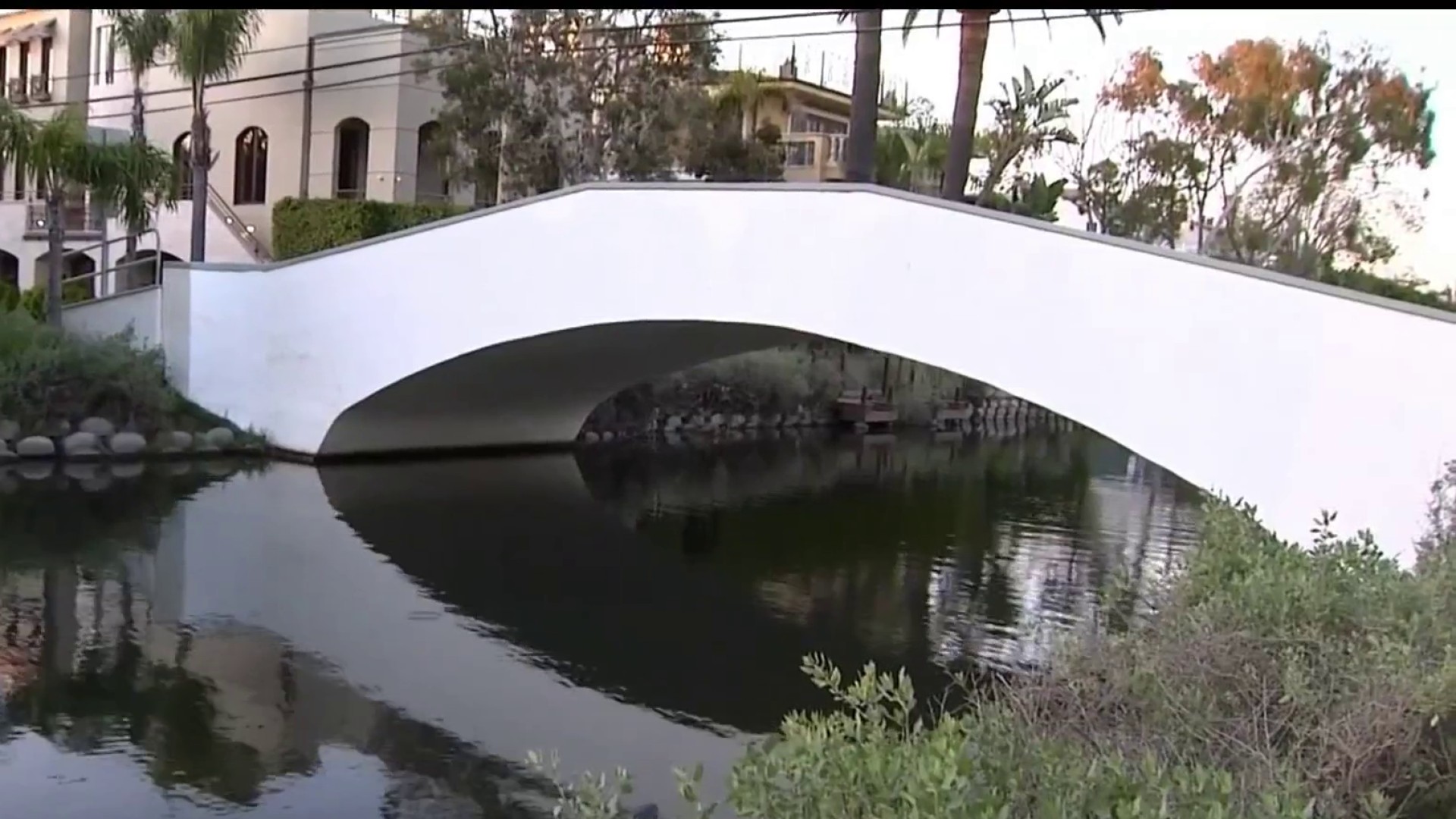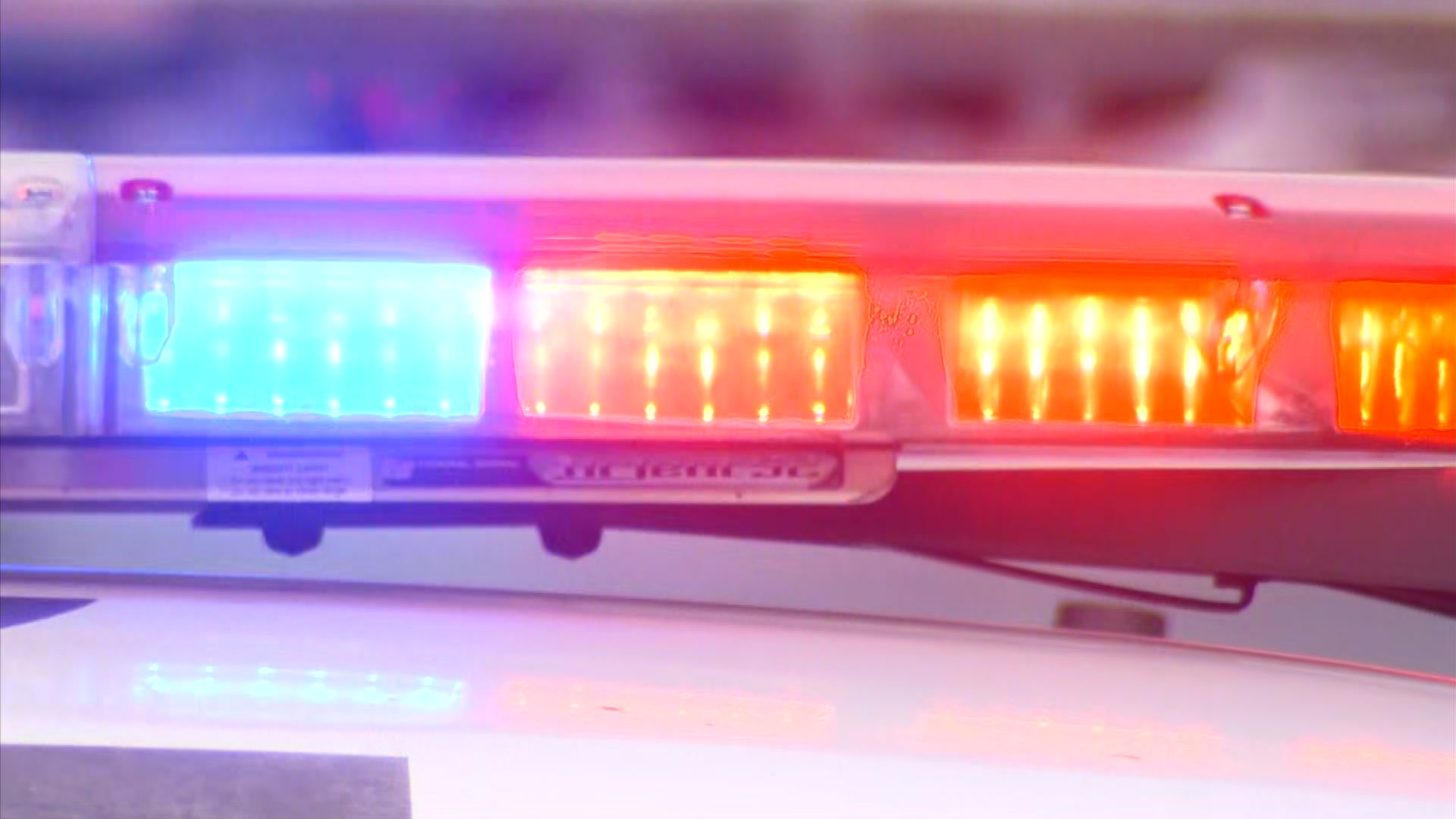SAN FRANCISCO -- As thousands demonstrated outside, California Supreme Court justices weighed Thursday whether voters' decision to ban same-sex marriage was a denial of fundamental rights or within what one justice called the people's "very broad powers" to amend the state constitution.
Gay rights advocates are urging the court to overturn the ban, approved in November as Proposition 8, on the grounds it was put before voters improperly, or at least prematurely. Under state law, the Legislature must approve significant constitutional changes before they can go on the ballot.
Proposition 8's sponsors, represented by Pepperdine law school dean and former Whitewater prosecutor Kenneth Starr, said it would be a miscarriage of justice for the court to overturn the results of a fair election.
The ballot initiative, which passed with 52 percent of the vote, changed the California Constitution to trump last year's 4-3 Supreme Court decision that legalized gay marriage. The court found that denying same-sex couples the right to wed was an unconstitutional civil rights violation.
California voters first enacted a ban on gay marriage in 2000.
Minutes into the proceedings, the justices peppered lawyer Shannon Minter, arguing for same-sex couples, with tough questions over how the 14 words of Proposition 8 represent a denial of fundamental rights.
Chief Justice Ron George asked what rights were lost other than being able to label their union as a marriage.
"Relegating same-sex couples to domestic partnership does not provide them with everything but a word," Minter said. "It puts those couples in a second-class status."
The Supreme Court heard arguments on three points: Is Proposition 8 invalid because it constitutes a revision of, rather than an amendment to, the California Constitution? Does it violate the separation of powers doctrine under the California Constitution? And, if it's constitutional, does it affect the 18,000 marriages of same-sex couples performed in the 4½ months before it passed?
Justice Joyce Kennard said the court was being asked to decide between two rights -- the right of the people to change the constitution and the right to marry.
"And what I'm picking up from the oral argument in this case is this court should willy-nilly disregard the will of the people," she said.
Starr said Proposition 8 sought to restore the traditional definition of marriage and deny recognition of same-sex marriage. Starr said that gay couples still enjoy the full "panoply of rights" of domestic partners.
Local
Get Los Angeles's latest local news on crime, entertainment, weather, schools, COVID, cost of living and more. Here's your go-to source for today's LA news.
He also argued that California voters have an "inalienable right" to amend the constitution and that taking away rights through the initiative process is not a revision that alters the structure of government. A revision to the constitution would have required legislative approval.
"There must be far-reaching change in the basic structure of government," said Starr, adding that there's a long line of previous Supreme Court decisions supporting his position.
Justice Kathryn Werdegar countered that nothing in those decisions stated that something "must" alter the structure of government to qualify as a "revision."
"This is a new day," she said.
Starr said he and Werdegar would have to "agree to disagree" and that "rights are important but they don't go to structure."
At least three justices appeared skeptical that proposition could be applied retroactively.
George suggested the validity of the earlier marriages was purposely omitted from Proposition 8 as a campaign strategy to increase the likelihood of its passage.
Starr said the intent of Proposition 8 was to invalidate those marriages. The proposition was drafted before the high court legalized gay marriage on May 15, he said.
Justice Carlos Moreno noted Proposition 8 states that marriage "is" limited to a man and a woman.
"I know people can argue over what 'is' means," Moreno said.
"The language has to be unequivocal," replied San Francisco deputy city attorney Therese Stewart, arguing to overturn Proposition 8. "I don't think that's the case here."
The Supreme Court's seven justices have 90 days to issue a ruling.
Outside, gay marriage supporters and opponents held signs lobbying the justices to take their side.
Dana Tibbits, who drove 400 miles from her home in Ventura County to join the crowd of Proposition 8 supporters, said she there for the "approximately 7 million voters whose voices need to be heard."
"I'm concerned about the justices, the weight of our vote and the weight of our decision," Tibbits said.
Gay marriage supporter Chris Bospuz, 23, said after the hearing: "I was pretty disheartened at the beginning, but I'm optimistic," he said. "It's a civil right and they can't just strip away civil rights."
On Wednesday night, several thousand people marched from San Francisco's Castro District to City Hall to demonstrate for the overturn of Proposition 8.



